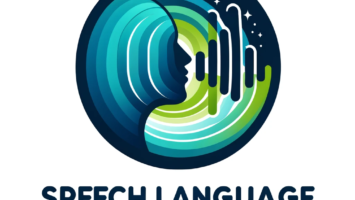ANR EVA Doctoral Fellowship (Cornet)
We are offering a funded PhD position at the LIA (computer science lab of Avignon, France), within the CORNET team (Complex systems, Operations Research for NEtworks and Text), in co-supervision with the ERIC lab (Lyon, France). Topic: Gender dynamics in collaboration networks Location: LIA, CS laboratory of Avignon University, France.Advisory Team: Rosa Figueiredo (LIA), Vincent Labatut (LIA) and Cécile Favre (ERIC).Duration: 3 years starting from September/November 2025.Funding: ANR project EVA – EValuating gender policies in academia through the Analysis of scientific collaboration networks. Standard PhD wage according to French regulations.Application deadline: 11th May 2025 The complete description of the position is available here: https://eva.univ-avignon.fr/wp-content/uploads/sites/34/2025/04/offre.pdf Thank you for sharing this offer with anyone who might be interested. Candidates can contact us following the instructions provided in the above document.



